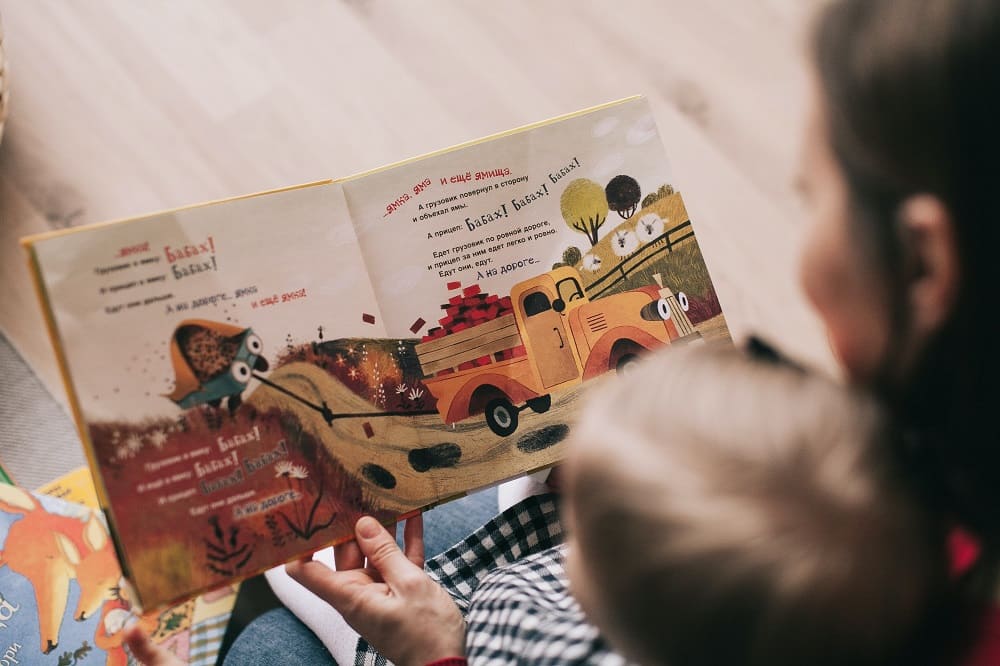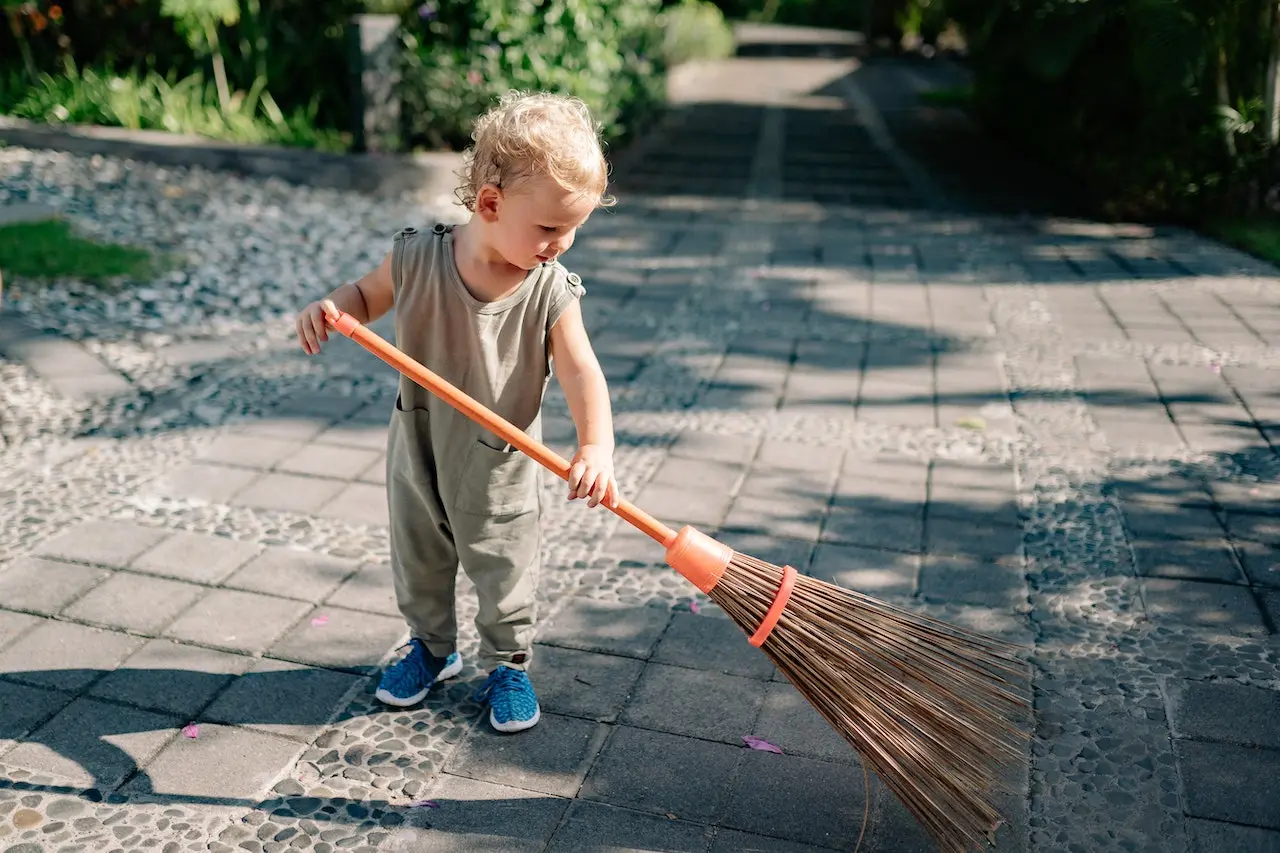Effective communication skills are an essential part of a child’s development. From expressing thoughts and feelings to building relationships and succeeding in academic and professional pursuits, strong communication skills lay the foundation for a bright future. In this blog, we’ll explore ten activities designed to help parents and educators develop communication skills for kids. Let’s dive in.
Why Are Communication Skills Important for Kids?

Effective communication skills lay the foundation for various aspects of a child’s life, making them a crucial part of early childhood learning. Effective communication helps children in the following ways:
Academic Success: The ability to express thoughts clearly is essential for academic performance. Whether it’s answering questions in class, writing essays, or participating in group projects, communication skills for kids are vital.
Social Interaction: Effective communication is a key to building healthy relationships. It helps children express their feelings, listen to others, and resolve conflicts.
Problem Solving: Being able to communicate their thoughts and ideas enables children to work through challenges and find solutions effectively.
Self-Expression: Strong communication skills for kids give children the tools to articulate their desires, needs, and dreams.
Confidence: Children who can communicate effectively often feel more confident in various situations.
10 Activities to Develop Communication Skills for Kids
Communication skills for kids are a vital foundation for effective early childhood learning and a successful future. Here are ten activities to enhance your child’s communication skills for kids, each with examples to help you understand their significance:
Storytelling: Encourage kids to create and share their own stories. For instance, ask your child to narrate their favorite fairy tale with a twist, creating a new storyline or reimagining the ending. This activity helps them articulate thoughts, emotions, and ideas effectively.
Role-Playing: Use role-playing scenarios to practice communication. Children can step into different roles and engage in conversations, fostering creativity and empathy. Create a scenario where your child plays the role of a chef taking orders from customers in a restaurant. This not only encourages creativity but also helps them learn how to communicate effectively in a professional setting.
Public Speaking Practice: Encourage kids to speak in front of small groups. Organize a family “show and tell” session where each family member shares something interesting. This will help children build confidence and overcome the fear of public speaking.
Journaling: Promote writing as a way to express thoughts and feelings. Ask your child to keep a journal where they write about their daily experiences, thoughts, and emotions. This practice not only improves writing skills but also allows them to express themselves more effectively.
Listening Exercises: Activities that improve listening skills. Teach kids to actively listen, ask questions, and provide constructive feedback. For example, read a short story to your child and then ask them questions about the characters, plot, or moral of the story. This encourages active listening and the ability to ask thoughtful questions.
Debate and Discussion: Engage kids in structured debates and discussions. Choose age-appropriate topics, and have children take turns presenting their viewpoints and listening to others. This helps them learn how to express and defend their ideas and opinions.
Art and Drawing: Expressing ideas through art and drawing. For example, provide them with a blank canvas and ask them to illustrate their favorite book or a recent family trip. This creative activity fosters visual communication and provides a non-verbal outlet for self-expression.
Phone and Video Calls: Encourage communication with family and friends via phone or video calls. Have your child engage in a video call with a grandparent or a friend and discuss their day, recent activities, or share stories. This not only helps them stay connected but also teaches them to express themselves effectively through technology.
Storytime: Share books and discuss the stories afterward. Reading and discussing stories enhances vocabulary and comprehension. Ask your child to express their favorite part of the story and why they liked it. This activity enhances the ability to discuss narrative elements.
Family Meetings: Regular family meetings create a platform for children to express their thoughts and feelings. For example, you could hold a meeting to discuss a family outing, allowing your child to share their ideas and listen actively to others.
Incorporating these activities into your child’s daily life will help them develop communication skills for kids effectively, enhancing their overall early childhood learning experience.
Assessing Your Child’s Communication Skills
Assessing and measuring a child’s communication skills is a critical aspect of ensuring their development in this area. Here’s how you can effectively evaluate progress and provide the necessary feedback:
Observation: Start by observing your child’s communication in various contexts, such as at home, school, or during playdates. Pay attention to their ability to express thoughts and feelings, engage in conversations, and adapt their communication style to different situations.
Engagement in Activities: Evaluate how well your child participates in the communication-focused activities mentioned earlier in this blog. Monitor their storytelling, role-playing, public speaking, and other activities to gauge their progress.
Listening Skills: Assess their ability to actively listen and respond thoughtfully during conversations. Are they asking questions, showing empathy, and acknowledging the viewpoints of others?
Written Communication: Review their written communication, such as journal entries or essays, for clarity, organization, and grammar. Progress can be seen in the improvement of their writing and the coherence of their ideas.
Bonus Tip: Using Joonify to Nurture Your Child’s Talents
In today’s digital age, there are resources that can significantly aid in nurturing communication skills for kids. One such platform is Joonify, a valuable partner in lifelong learning. Joonify offers a range of engaging content, courses, and activities designed to boost children’s communication skills in a fun and interactive manner.
Joonify’s talent assessment platform assesses a child’s cognitive development across multiple dimensions, including emotional awareness and linguistic abilities. The Talent Discovery Report from Joonify provides insights into a child’s strengths and areas for improvement, empowering parents to support their child’s growth more effectively. Based on the assessment, Joonify connects you with expert child psychologists who offer personalized recommendations to nurture a child’s development.
Whether you’re a parent or an educator, Joonify can be a game-changer in helping children develop strong communication skills, setting them on the path to future success. So, don’t wait – explore the endless possibilities with Joonify.com and embark on this lifelong learning adventure with your children, giving them the skills they need to thrive in an ever-changing world.
Conclusion
Effective communication skills are a gift that keeps giving throughout a child’s life. By integrating these ten activities into your child’s daily routine and complementing them with the insights gained from Joonify, you’re not only helping your child succeed academically but also equipping them with valuable tools for life. Early childhood learning, when combined with effective communication skills, paves the way for a bright future.
 0
0
 Share
Share



















Comments
No comments found.